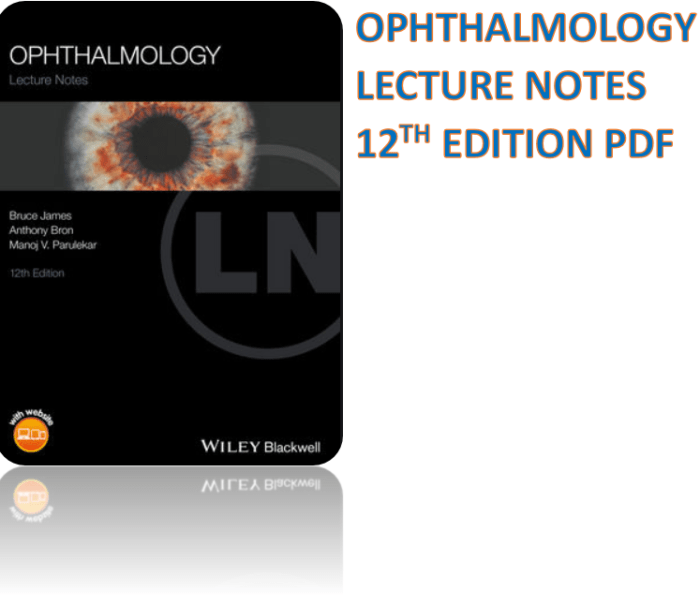Sociology in our times 12th edition pdf free – Introducing the groundbreaking 12th edition of Sociology in Our Times, a comprehensive resource that delves into the intricacies of contemporary society. This edition offers an up-to-date exploration of major theoretical perspectives, social institutions, and social change, providing a roadmap for understanding the complexities of the modern world.
With its in-depth analysis and engaging examples, Sociology in Our Times empowers readers to critically examine the social forces that shape our lives and the challenges we face. Prepare to embark on a captivating journey through the lens of sociology, gaining invaluable insights and fostering a deeper understanding of the human experience.
Introduction

Sociology is the scientific study of human society and social behavior. It examines how individuals and groups interact, the structures that shape their lives, and the ways in which society changes over time. In contemporary times, sociology is more relevant than ever as we navigate complex social issues such as globalization, technological advancements, and economic inequality.
The 12th edition of “Sociology in Our Times” is a comprehensive textbook that provides a thorough overview of the field. It offers an up-to-date analysis of contemporary social issues, incorporating the latest research and theoretical perspectives.
Theoretical Perspectives

Sociology is based on a variety of theoretical perspectives, each offering a unique lens through which to understand society. The textbook covers the major perspectives, including:
- Functionalism: Views society as a system of interconnected parts that work together to maintain equilibrium.
- Conflict Theory: Emphasizes the role of power and inequality in shaping social life.
- Symbolic Interactionism: Focuses on the meaning and interpretation of symbols and interactions in everyday life.
The textbook provides examples of how these perspectives are applied to various social phenomena, such as crime, education, and family.
Social Institutions

Social institutions are organized structures that shape human behavior and provide stability to society. The textbook examines the key institutions, including:
- Family: The primary unit of socialization and emotional support.
- Education: The institution responsible for transmitting knowledge and skills.
- Religion: A system of beliefs and practices that provides meaning and purpose to life.
- Economy: The system that produces and distributes goods and services.
- Government: The institution that maintains order, provides services, and makes laws.
The textbook discusses the functions and impact of these institutions on society, highlighting their role in shaping individual lives and social structures.
Social Stratification
Social stratification refers to the hierarchical arrangement of individuals and groups within a society. The textbook analyzes different forms of social inequality, including:
- Class: A system of social stratification based on economic resources.
- Race and Ethnicity: Social categories that often lead to discrimination and inequality.
- Gender: A social category that shapes opportunities and experiences based on biological sex.
The textbook examines the causes and consequences of social stratification, highlighting the ways in which it affects individual life chances and social mobility.
Social Change
Social change is the process by which societies transform over time. The textbook covers major theories of social change, including:
- Evolutionary Theory: Views social change as a gradual process of adaptation and progress.
- Conflict Theory: Emphasizes the role of conflict and revolution in driving social change.
- Functionalist Theory: Sees social change as a response to functional needs and dysfunctions within society.
The textbook also discusses the impact of technology and globalization on contemporary society, highlighting their role in shaping social change and creating new challenges.
Research Methods
Sociological research involves systematic methods for collecting and analyzing data about social phenomena. The textbook explains the different research methods used in sociology, including:
- Surveys: Collecting data from a sample of individuals through questionnaires.
- Interviews: In-depth conversations with individuals to gather qualitative data.
- Observation: Watching and recording behavior in natural or controlled settings.
- Experiments: Testing hypotheses by manipulating variables in a controlled environment.
The textbook discusses the strengths and weaknesses of each method, emphasizing the importance of methodological rigor in sociological research.
Applications of Sociology
Sociological research has practical applications in addressing real-world problems. The textbook provides examples of how sociological research has been used to:
- Reduce crime rates by identifying risk factors and implementing prevention programs.
- Improve educational outcomes by understanding the impact of social factors on student achievement.
- Address health disparities by identifying the social determinants of health.
- Promote social justice by understanding the causes and consequences of discrimination and inequality.
The textbook also discusses the ethical implications of sociological research, emphasizing the importance of protecting human subjects and ensuring the responsible use of data.
FAQ Overview: Sociology In Our Times 12th Edition Pdf Free
What are the key theoretical perspectives covered in the 12th edition of Sociology in Our Times?
The 12th edition explores major theoretical perspectives, including functionalism, conflict theory, symbolic interactionism, and feminist theory, providing a comprehensive understanding of different sociological approaches.
How does the textbook address the impact of technology and globalization on contemporary society?
The textbook dedicates a section to social change, analyzing the profound impact of technology and globalization on social structures, relationships, and cultural norms.
What are the ethical implications of sociological research discussed in the 12th edition?
The textbook emphasizes the ethical responsibilities of sociologists, exploring issues such as informed consent, confidentiality, and the potential impact of research on participants and communities.